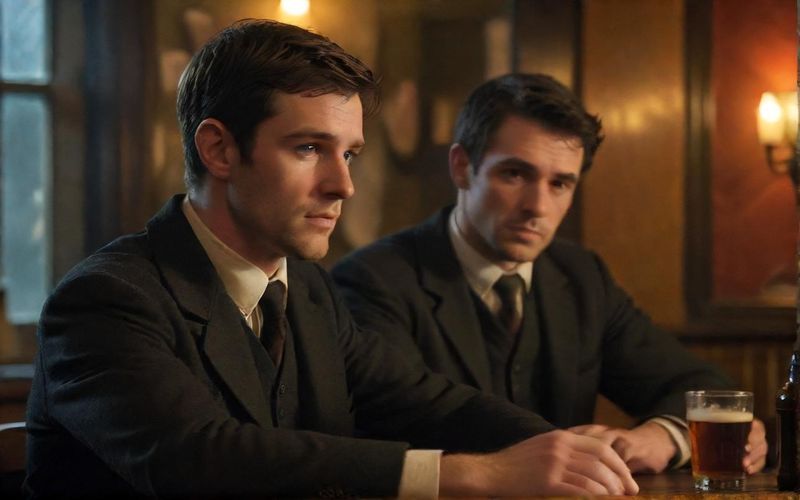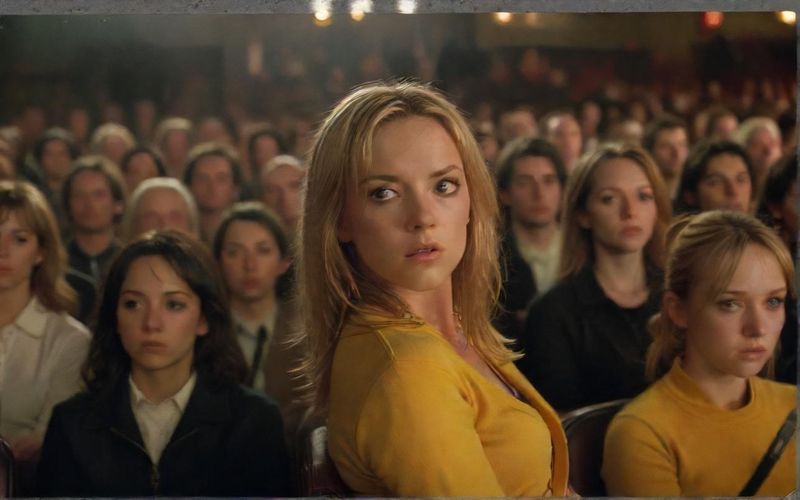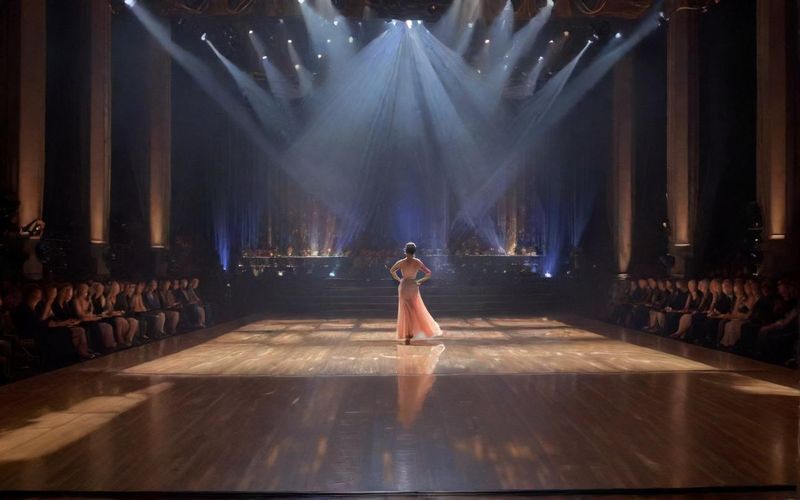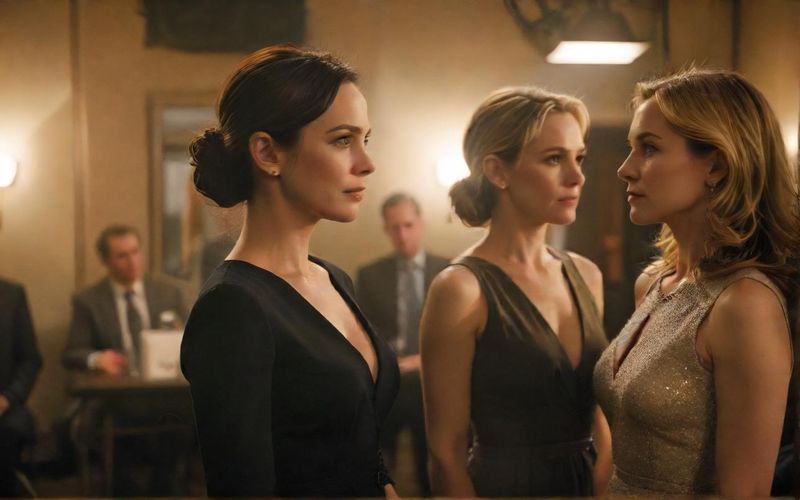Patti Smith's Horses: 50 Years of Enduring Power
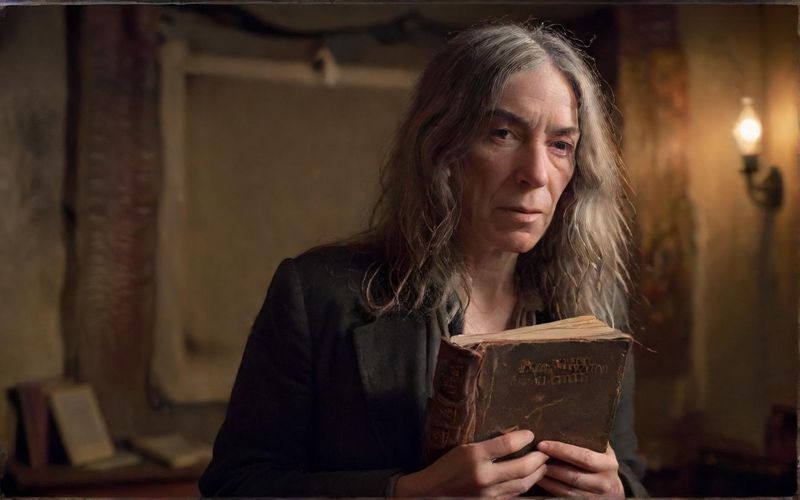
Think about it: in a world saturated with fleeting digital noise and manufactured moments, how does an album released in 1975, born from the gritty, nascent energy of CBGB’s, still manage to captivate listeners today? The sources offer a glimpse into this phenomenon, highlighting how *Horses* wasn’t just a collection of songs; it was an artistic manifesto. It was poetry wrenched from the soul and infused with rock and roll’s defiant heartbeat. Lenny Kaye’s description of Smith’s early performances, evolving from spoken word to musical explorations that would take the audience on “magical journeys,” paints a picture of an artist unafraid to push boundaries. This wasn’t just music; it was an invitation to explore the "sea of possibilities," as Smith herself noted, a concept that feels more relevant now than ever.
What strikes me, in reading about this enduring impact, is the thread of vulnerability woven through Smith's powerful persona. The deeply personal narratives within *Horses*, from the poignant tenderness of "Kimberly" to the raw declarations in "Gloria," speak to a shared human condition. This is an artist who famously wrote the lyrics to "Because the Night" while waiting for a call from her beloved Fred, turning personal longing into an anthemic declaration. It's this ability to transmute personal experience into something universal that allows her music to transcend time. The revelation in her new memoir about her biological father, a discovery that clearly shook her, further underscores this human element. Even at the height of her artistic prowess, she remains grounded in the complexities of family, identity, and love – themes that resonate deeply with anyone navigating life's unpredictable currents.
It's fascinating to consider how artists like Dua Lipa and Taylor Swift, themselves modern icons, find inspiration in Smith's work. Swift’s reference in "The Tortured Poets Department" – "You're not Dylan Thomas, I'm not Patti Smith" – isn't a dismissal, but an acknowledgment of the monumental stature Smith occupies. It’s a recognition of a unique voice that dared to be different, to be raw, and to be unapologetically herself in an era that often demanded conformity, especially from women in music. Smith’s refusal to compromise with male record producers, armed with her “armour,” serves as a powerful reminder of the battles fought to carve out space for female artistic expression.
And then there's the sheer serendipity of it all. The story of the *Horses* album cover, a single roll of film from Robert Mapplethorpe yielding the iconic eighth shot, feels almost divinely ordained. It encapsulates the raw, spontaneous magic that defined that period and that album. This wasn't manufactured perfection; it was captured lightning in a bottle, an image that perfectly mirrored the album’s spirit.
As we grapple with the constant churn of the entertainment landscape, it's conversations about artists like Patti Smith, and the enduring relevance of works like *Horses*, that offer a deeper perspective. Her music, her poetry, her very being, remind us that true artistry isn't about chasing trends, but about excavating truth, embracing vulnerability, and creating work that speaks to the soul. In a world that often feels fractured and overwhelming, her message of "People Have the Power," conceived with her late husband Fred, feels more vital than ever. It’s a call to action, yes, but more importantly, it’s an affirmation of our collective strength and our capacity for change.
So, what is it about Patti Smith and *Horses* that continues to ignite such passion, not just for those who lived through its initial release, but for a new generation discovering its power? Is it the unflinching honesty, the poetic rebellion, or simply the raw, undeniable truth of her artistic vision that continues to hold us captive?

